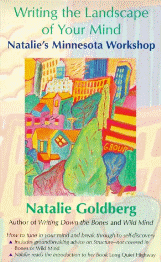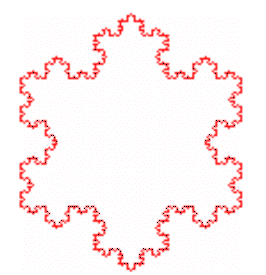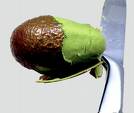Writing the Landscape of your Mind
There are method writers, who choose a topic, dig deep into it and churn out the piece. Then it's on to the next topic. The second camp of writers actually paint the landscape of their minds onto paper. These are the writers whose writing is an outpouring of their mind and thinking and experiences. These may be autobiographies or thinly disguised fiction, but their writing essentially flows from their life and surroundings. Let's dissect both the method writers and the mind writers. Writing the Landscape of Your Mind
Writing the Landscape of Your Mind
"All one needs is pencil, paper, a block of time, and the perseverance to work on a continuing basis. The audio presentation allows the audience to hear the author's ideas in her own encouraging, relaxed style. Recommended for libraries with writing programs."
By Natalie Goldberg ( Audio Cassette )
Natalie Goldberg is the finest example of the second camp. She practises what she preaches. Her writing, if you have read any of her books, would make a self-respecting method writer drown in shame. Point is, there is no method. She writes and teaches writers how to write from the soul. And her writing is a reflection of her life. She brooks no conflict, no hypocrisy anywhere in her writing. To her, it's just a conversation she's having. What she does in life is teach writers how to write. And that's what her books are about. Once you understand the concept, it looks unbelieveably simple. No more writers block, no more agonizing over hypens and framing sentences. No more AP guide. Throw away all the writing guides. Just concentrate on pouring out your mind. There's one small catch. If you lead a dull and dreary life, will your books be interesting?
Method Writing

The Snowflake Method for Writing a Novel
"I claim that that's how you design a novel -- you start small, then build stuff up until it looks like a story. Part of this is creative work, and I can't teach you how to do that. Not here, anyway. But part of the work is just managing your creativity -- getting it organized into a well-structured novel. That's what I'd like to teach you here. "
By Randy Ingermanson
A few points to be noted here. No writer can escape the creative process, and Randy in the article above makes the point. With method writers, who write fiction, mystery, politics, history or any subject about which they have very little or no personal experience with, getting the creativity flowing becomes even more difficult. And that is the crux of the issue. I'd rather read a book about whales from a guy who's actually had something to do with whales. Even fiction writers spend years researching their characters and situations by actually immersing themselves in the same situations. You can learn how to write a sentence and which words to use and which ones to leave out, but you can't learn about people and characters and nature and physcology by sitting on your bum.
I'm firmly in Natalie Goldberg's camp. Writing is essentially an art. Which needs creativity. Which needs you to pour out your mind. If you compromise that art with method writing, maybe you can become a good writer. Even a successful writer. But you never will be a great writer. Because your writing has an empty hole where there should have been a soul.

No comments:
Post a Comment